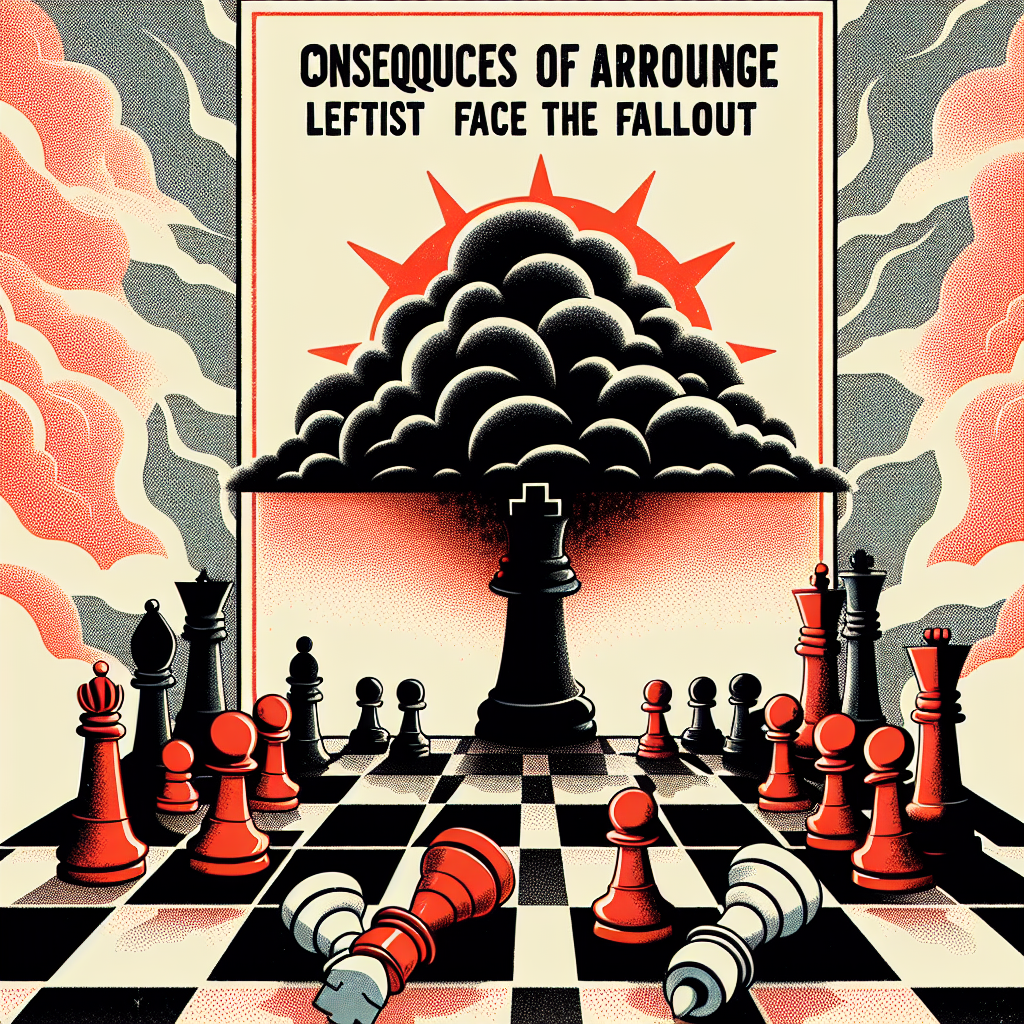In the evolving political landscape of the United States, many analysts and commentators seem to underestimate the extent of change that can occur within just a few years. A significant evolution has taken place since 2020, particularly within the liberty movement. This transformation challenges the notion that political affiliations are permanent and that shifts in voter sentiment are impossible. Contrary to predictions that red states would turn blue due to an influx of leftist residents during the pandemic, evidence increasingly showed that most individuals relocating were conservatives fleeing from stricter governmental regulations. The 2024 election results in states like Florida and Texas firmly established a conservative stronghold, leading to a broader rejection of progressive ideologies.
The larger implications of the cultural shift became evident through the electoral success of Donald Trump and the subsequent decline of leftist ideologies. Americans had clearly expressed their fatigue with the aggressive embrace of woke culture and globalist policies by the Democrats. Trump’s victory not only showcased a robust electoral college win but also a significant popular vote margin among constituencies feeling alienated by the progressive agenda. The results reflected a national rejection of leftist values, encapsulated in the notion of “Get woke, go broke.” As the Democrats grappled with the aftermath of electoral defeats, they found themselves perplexed by the widespread distrust—fuelled by their perceived embrace of authoritarianism and divisive identity politics.
One of the critical turning points in this cultural battleground was the handling of the COVID-19 pandemic, where perceived governmental overreach in public health policy galvanized significant resistance. The measures proposed, such as vaccine mandates and punitive actions against non-compliance, provoked outrage among many Americans. The critics argue that attempts by progressive governments to implement a framework of “medical tyranny” will leave lasting repercussions on public trust and political alignment. The subsequent public pushback against lockdowns and restrictions only solidified dissent against the left’s once-dominant narrative around health and safety, demonstrating that significant segments of the population will resist extreme measures regardless of their purported public health benefits.
Additionally, the events surrounding the Capitol on January 6, 2021, and the subsequent framing of these occurrences played a key role in reshaping public perception. The narrative that emerged from the incident painted many conservatives as insurrectionists, which largely backfired as substantial portions of the voting populace began to view the responses from the Democrats and their portrayal of events as manipulative and exaggerated. Instead of dissuading voters, the framing of January 6 led to a mistrust that further coalesced the conservative base, emboldening them against what they saw as an unjust attack on their civil liberties and a misrepresentation of peaceful protest rights.
Another pressing issue at the forefront of public awareness is the Democrats’ handling of economic policy, with the Biden Administration facing criticism for its optimistic portrayal of economic recovery amid undeniable signs of stagnation and inflation. Many Americans expressed discontent regarding the cost of living and rising debt levels, which they felt were glossed over or misrepresented by the current administration. Combined with educational policies regarding the promotion of progressive gender identities among children, these themes galvanized a proactive backlash from a public increasingly wary of moral and economic mismanagement by their leaders. The outrage surrounding parental rights and the controversial topics coming up in educational curriculums represent a broader rejection of a perceived liberal agenda aimed at indoctrination rather than education.
Issues around censorship also echoed strongly in the electorate. The exposure of governmental collusion with big tech companies to silence dissenting voices created a backlash that many citizens interpreted as an egregious violation of their First Amendment rights. Numerous Americans voted to restore what they viewed as fundamental liberties, seeking accountability for those in positions of power that attempted to curtail public discourse. Discussions around the suppression of information and narratives reinforced the idea that there exists an establishment elite disconnected from everyday realities, deepening fractures between traditional institutions and the populace they were meant to serve.
Ultimately, the aim of the local and national Democratic party, as perceived by many voters, was to maintain control through politicized racial and gender narratives that fail to resonate with broader sentiments among diverse communities. The strategic framing of marginalized groups as permanent victims, rather than as active agents within their communities, has begun to backfire. This disconnect has led to shifts in voter allegiance away from the Democratic Party, particularly among Hispanic and Black communities that once relied on traditional affiliations. The backlash against terms like “Latinx” and manipulative stereotypes illustrated a failure of progressives to recognize and respect the autonomy and intelligence of the constituencies they are purportedly trying to support. As a result, it is clear that the political and social landscape will continue to evolve with a focus on empowerment and personal responsibility, indicating a shift that may redefine alliances in U.S. politics for years to come.

